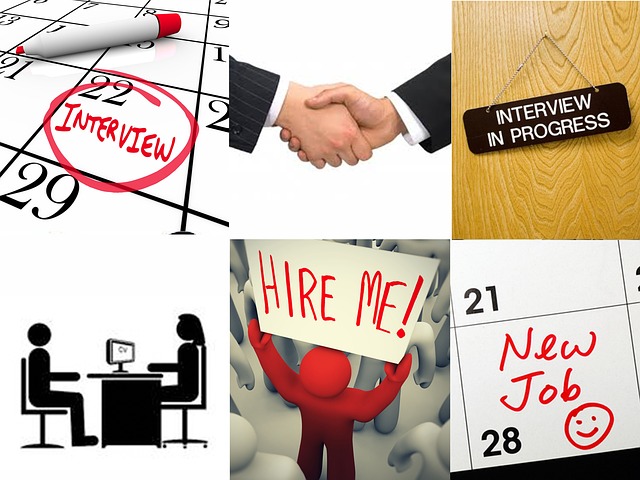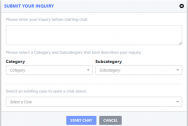Conducting Psychological Profile Tests in Candidate Interviews
Beyond the typical interview questions (“where do you see yourself in 5 years?”, or my personal favorite, “what is your most negative trait?”), many companies do attempt to evaluate job candidates at a deeper level. Canned questions usually garner canned responses, nullifying the purpose of the question entirely. Therefore, some creativity needs to be used to ensure responses are candid, revealing and truthful.
The sole purpose of interviews is to determine the candidate’s potential ability to perform the job, as well as their ability to assimilate into the corporation’s culture. The skills and experience questions are generally straight forward, while the assimilation questions often miss the mark entirely.
“Do you work well with others?” Duh!
“How do you address conflict?” Better.
And forget about that oh-so-common resume rhetoric; “Team Player”, “Self-Starter”, etc. Right! Who isn’t?
So how do interviewers cut through the rhetoric and BS, and get to the heart of the issue —”who is this candidate…really?”
There are a number of available questionnaires and services that attempt to analyze candidates through a series of multiple choice questions — questions that often don’t offer logical or “preferred” responses. Think about the Rorschach inkblot test. There is no right or wrong answer when asked what the inkblots remind the user of. But somehow, through the magic of the science of Psychology, reasonable evaluations can be made — hopefully.
Can and should HR trust the results of these tests, and use them to fairly evaluate potential new hires? Is that prospective sales rep really the Type A personality you are seeking? Or did she game the interview process? Psychological profile tests may just be the tool for you.
There are a number of testing services to consider, many with high reliability ratings. The best test of the various tool’s accuracy is to try them out on your existing workforce, or at least a sample of workers you know very well. Conduct a blind test with responses/results provided to HR anonymously. Then try to match the actual employees to the test submissions. Did your Type A sales rep evaluate to a Type A, for instance? If you are successful matching the majority of employees to their profile results, then you know you can generally trust the test. If not, try another service until you are satisfied with the accuracy.
Two popular services are www.predictiveindex.com and AM/PM Personality Profile from the publication Psychology Today.
Also, you need to understand the preferred personality characteristics for the available job, even if you choose not to run a sample evaluation. Just talk to current employees that are in the same or similar position, and learn everything you can about why they are successful, or not. Then compare each candidate to your best employees and use their characteristics as a barometer for success.
Predictable questions encourage predictable responses. Experienced job hunters (likely meaning they are too often in the job market, and by definition risky hires) can fool some of the people all of the time, as the saying goes. A well-crafted psychological profile test will undermine their cunning and deliver the results HR requires to make the best new hire decisions.







